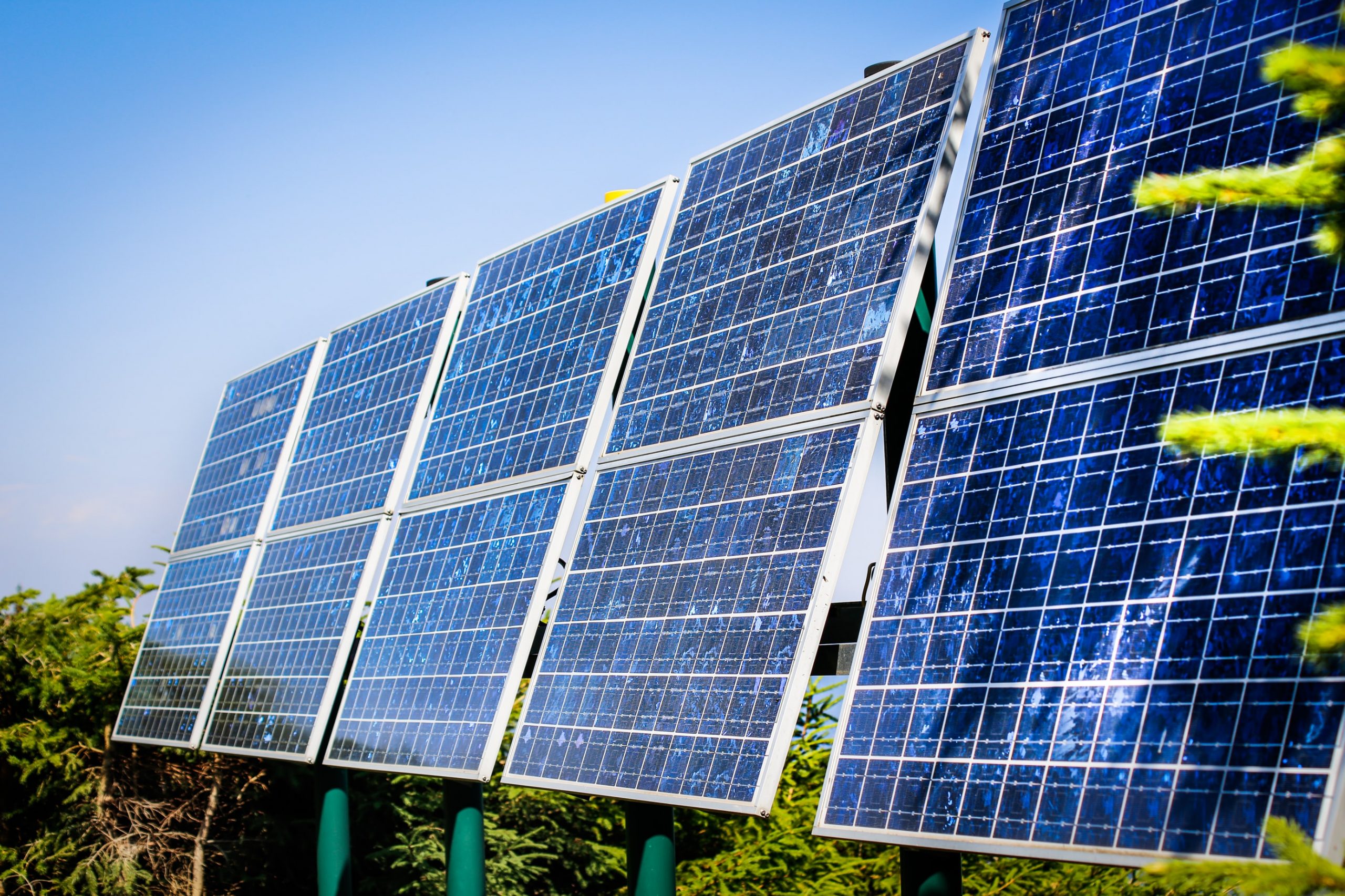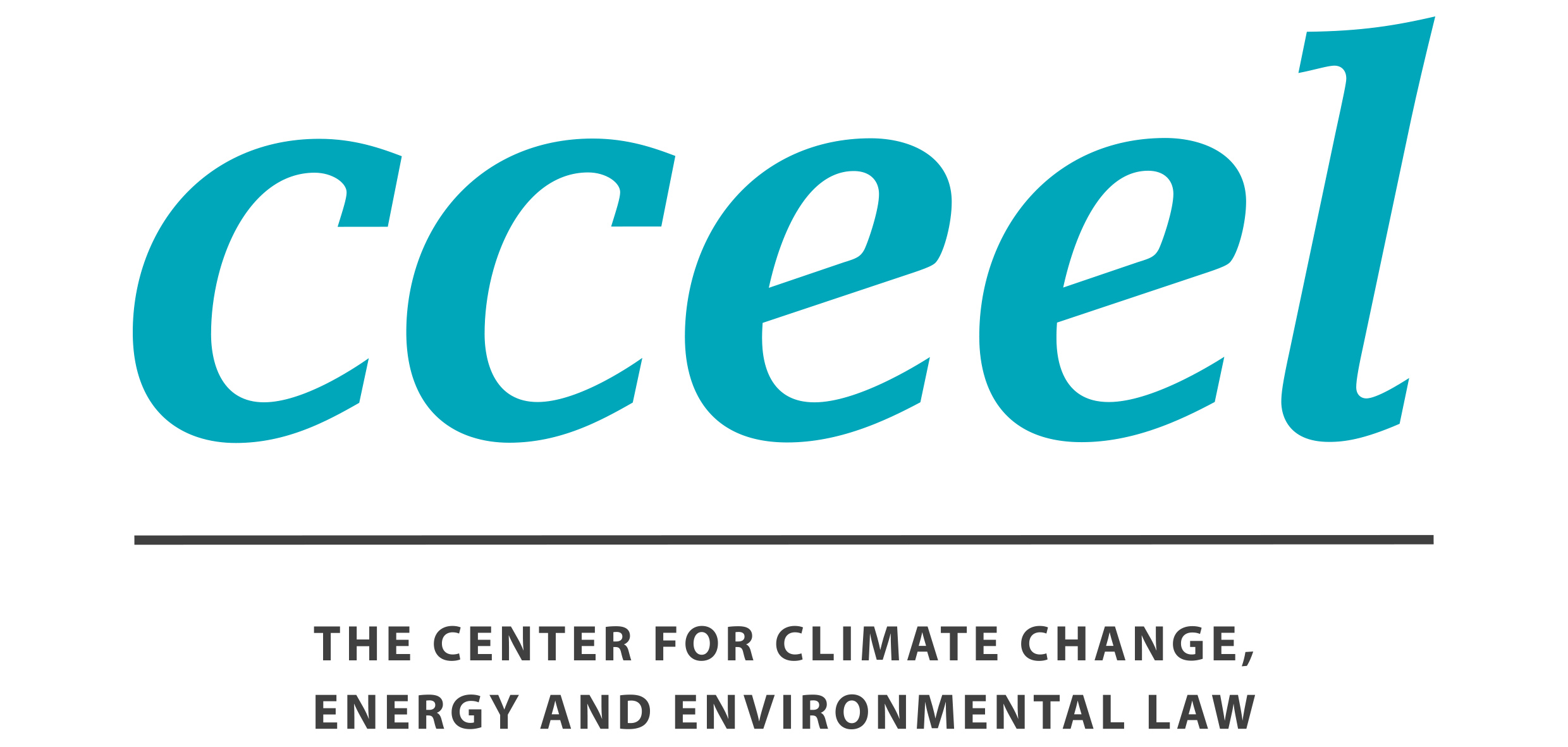Sustainable energy democracy: What is it and why does it matter?

By Kaisa Huhta, Senior Lecturer in EU law at the CCEEL
Photo by Flash Dantz on Unsplash
Sustainable energy democracy is a concept that has been used to understand new citizen-centred phenomena emerging in the energy transition. This blog post briefly explores the concept of sustainable energy democracy from a legal perspective, based on a forthcoming book ‘Sustainable Energy Democracy and the Law’ edited by Ruven Fleming, Kaisa Huhta and Leonie Reins (Brill 2021).
The origins of sustainable energy democracy
The concept of sustainable energy democracy has emerged relatively recently in Europe and in the US in discussions relating to low-carbon energy transition and decentralization. The roots of the concept are in activism and social movements that focus on bringing together ideals of social justice and economic equity with the energy transition.[1]
Early usages of the concept date back to the 2010s, when it was mostly used by NGOs in various policy and non-scientific papers.[2] Recently, the topic has begun to attract considerable attention around the globe, including from scholars in social sciences and law.
The two aspects of sustainable energy democracy
There is no consensus on the definition of sustainable energy democracy, let alone a legally binding one. While several publications have tried to define it,[3] there is no agreement as to whether sustainable energy democracy describes an existing phenomenon or whether it is a process of decision-making and deliberation concerning matters in the energy sector. Given this ambiguity, there is a risk that energy democracy will remain no more than a buzzword to describe something that takes place or should take place in the energy sector without explaining what exactly it is.[4]
However, there is something to be said about the core content of the concept. It is driven by two separate and clearly identifiable traits.[5] The first one is decentralized and distributed renewable energy, which contributes to making the energy sector more sustainable while increasing the decision-making power of individuals. The second one has to do with the fair distribution of the burdens and benefits involved in the lifecycle of energy from exploration and production to transmission, distribution and consumption.
Sustainable energy democracy forms part of a discussion that concerns the rights of individuals and communities to participate meaningfully in the development of the energy sector and the energy transition. Because of this, sustainable energy democracy has several linkages to related concepts of environmental, energy and climate justice, which have longer traditions of academic discussion. In fact, the fair distribution of the burdens and benefits of the energy sector is often discussed in the context of energy justice, particularly procedural and distributive justice.
Legal approaches to the concept of sustainable energy democracy
Despite its conceptual ambiguity, sustainable energy democracy can be found as a broader objective in many legal frameworks.
First, there is a body of rules that focuses on decentralization in the energy transition. In general terms, decentralization is the process in which the relative power and role of large, centralized production units decreases in favour of smaller, decentralized or distributed units of society, such as municipalities, building blocks, communities and individual citizens and consumers. In that context, the relevant rules focus on renewable energy communities, citizen energy initiatives, prosumerism and more consumer choices through new types of ownership structures, for instance. For example, the EU’s Clean Energy for All Europeans – package includes a recast Renewable Energy Directive and a recast Electricity Directive with new rules on consumer participation and protection as well as on energy communities.
Second, there is a body of rules that focuses on the reallocation of the burdens and the benefits of activities taking place in the energy sector. The relevant rules here focus on strengthening public participation, increasing decision-making powers for citizens and ensuring distributive and procedural justice. For example, the low-carbon transition is known to require a substantial increase in the production of renewable energy. However, citizen opposition to renewable energy projects in various communities delays these developments. Citizens may resist renewable energy projects due to various reasons: visual impairment of scenery, auditory nuisances or risks associated with health and safety. To encourage community acceptance of renewable energy projects, legal solutions such as community benefit agreements can improve distributive justice in communities affected by renewable energy projects.
Critical reflections and concluding thoughts
The discussion on sustainable energy democracy necessarily involves debates on the arguments that speak against sustainable energy democracy. Should the energy system as a complex socio-technological system be exposed to the influence of individual citizens? How about policy objectives like energy security that is safeguarded in the energy laws of every single jurisdiction? How do we make sure that the lights stay on, hospitals keep running, public transportation works, credit cards still function and all the other functions of a society that entirely depend on energy still work, when individual citizens begin to exercise more influence in the energy sector? How can that objective be balanced against the need to grant individuals more power over the energy sector? Lots of unanswered questions here where we believe that law can play an influential and important role. The book hopes to answer these questions and discuss legal approaches to sustainable energy democracy in various jurisdictions around the globe. It provides insights into how law can either facilitate or restrict sustainable energy democracy in practice and how this contributes to the goals of the energy transition.
[1] Matthew Burke and Jennie Stephens, ‘Energy democracy: Goals and policy instruments for sociotechnical transitions’ (2017) 33 Energy Research & Social Science 35–48.
[2] Bregje van Veelen and Dan van der Horst, ‘What is energy democracy? Connecting social science energy research and political theory’ (2018) 46 Energy Research & Social Science 19–28.
[3] Bregje van Veelen and Dan van der Horst, ‘What is energy democracy? Connecting social science energy research and political theory’ (2018) 46 Energy Research & Social Science 19–28; Kacper Szulecki, ‘Conceptualizing energy democracy’, (2018) 27(1) Environmental Politics 21–41.
[4] Kacper Szulecki, ‘Conceptualizing energy democracy’, (2018) 27(1) Environmental Politics 21–41.
[5] Eleanor Stein, ‘Energy democracy: power to the people? An introduction’ in Raya Salter, Carmen G Gonzalez and Elizabeth A Kronk Warner (eds), Energy Justice: US and International Perspectives (Edward Elgar 2018).
